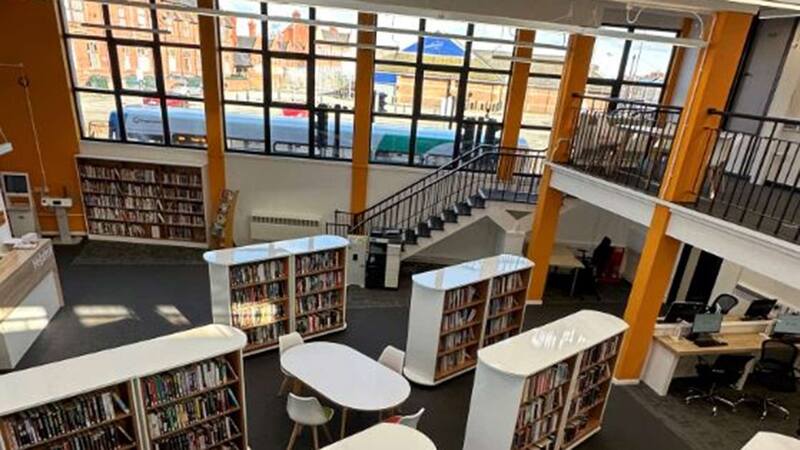You are viewing your 1 free article this month. Login to read more articles.
Majority of library services ‘actively considering’ taking part in a warm bank scheme
The majority of library services are actively considering taking part in a “warm bank” scheme according to a recent survey carried out by charity Libraries Connected. However, only 4% expect to receive any extra funding.
A snapshot survey of more than 50 library leaders showed 59% intend to take part in such a scheme – which allow visitors to use the facility to keep warm – while 88% plan to signpost vulnerable users to charities and other council departments and 76% plan to offer advice and information on reducing household bills, saving energy and tackling debt.
The results are presented in the charity’s new briefing note Supporting the Vulnerable This Winter, which also revealed 61% of services plan to provide additional activities such as games and crafts to keep people amused for long periods of time, while 43% plan to serve hot drinks and 39% plan to install extra desks and comfortable chairs for those using libraries to keep warm.
The charity has warned that without extra funding, it is uncertain if, or for how long, libraries will be able to provide these extra services. Libraries Connected is now calling for dedicated funding for the whole winter so library services can provide targeted help to those most in need.
Isobel Hunter, chief executive of Libraries Connected, said: “We know that libraries are determined to support people through the difficult months ahead, but without additional resources the number they can help will be severely restricted. And it will be difficult, if not impossible, for them to plan a programme of support for the whole winter.
“Libraries are warm, free and accessible spaces, located in our town centres, high streets and villages. As such they are ideally placed to help those most affected by the cost-of-living crisis this winter, whether that’s with a cuppa, a good book and a comfy chair or specialist debt advice.
“A relatively small investment across the library network could have a huge impact, allowing libraries to use their local knowledge and connections to provide targeted support at this critical time.”
The Bookseller previously reported on the ways libraries were stepping up to provide aid to hard-up visitors in its library issue. Nick Poole, chief executive of the Chartered Institute of Library & Information Professionals (CILIP), praised libraries for their “amazing ability to adapt to whatever their users and communities need them to be next,” but feared increased fuel costs could see cash-strapped councils sell library buildings.


















